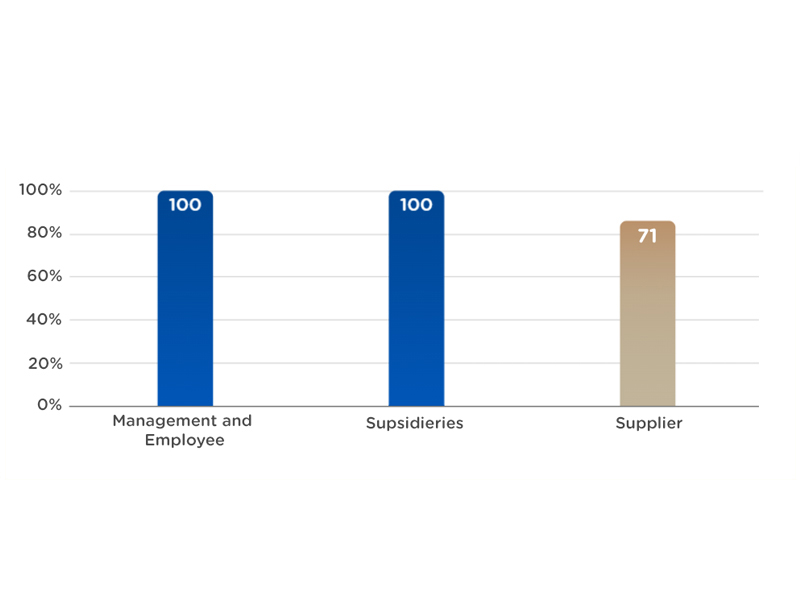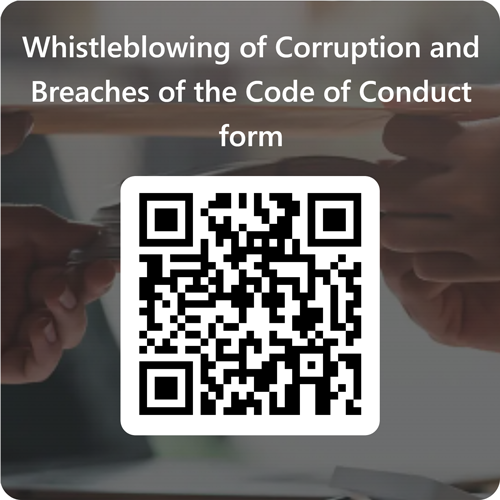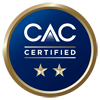5.
Correction, Prevention, and
Reporting Process
Correction,
Prevention, and Reporting
Process
The Company has established procedures, preventive measures, and
appropriate internal
control and risk management systems by having the Internal Audit and
the Compliance
business units responsible for gathering information related to
complaints, risk
assessments, inadequate internal controls, or repeated occurrences
of
corruption-related and business ethics incidents. These units
document corrective
measures to prevent recurrence or mitigate potential future impacts.
A report is
then submitted regularly to the Audit, Corporate Governance, and
Sustainability
Committee for acknowledgment.
Remarks: The guidelines for disciplinary actions,
including
procedures and timelines, shall comply with the Human Resources
business unit’s
operating manual under the “Employees Disciplinary Procedures”
section.



 Promotions
Promotions
 KTC U SHOP
KTC U SHOP




 Login
Login

































